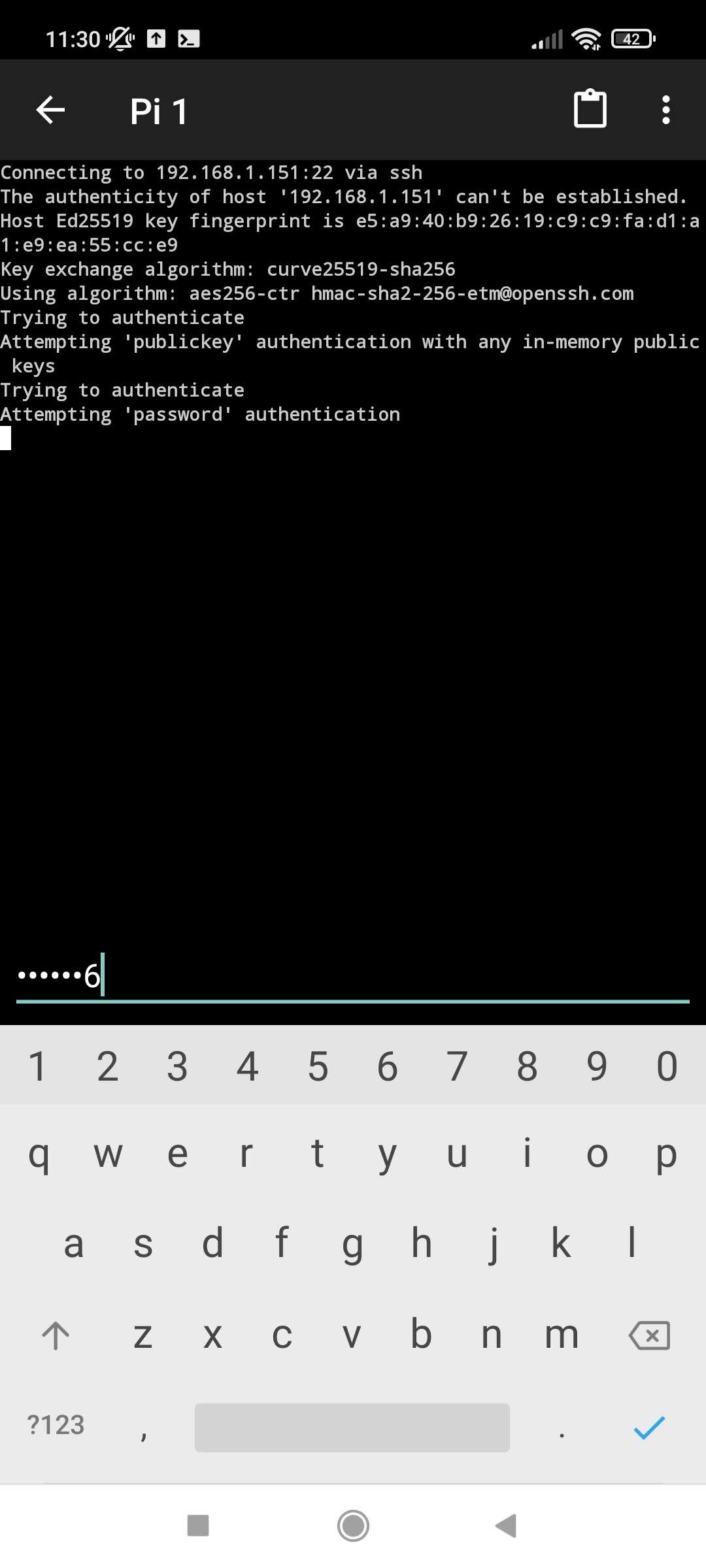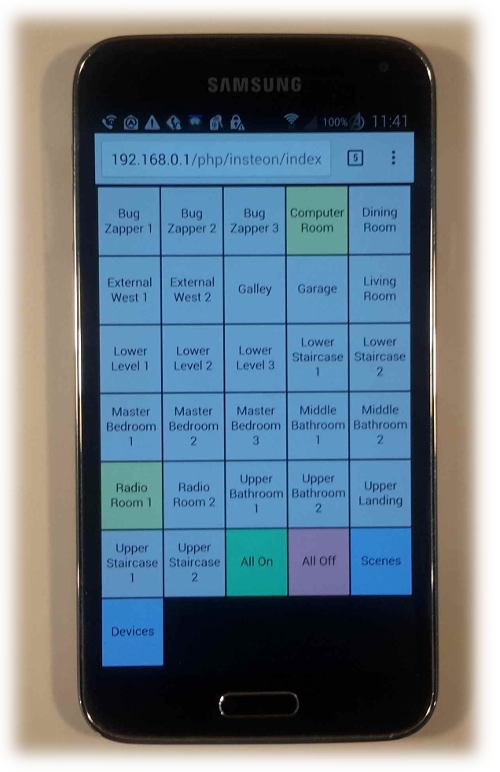How can a Raspberry Pi be leveraged to revolutionize the Internet of Things (IoT) landscape? A bold statement underpins this inquiry: the Raspberry Pi, a compact and affordable single-board computer, has emerged as a cornerstone for developers and hobbyists alike in building robust IoT solutions. By connecting this versatile device to Azure IoT Hub, users can unlock advanced cloud capabilities, enabling them to test intricate scenarios that send critical data to the Azure cloud with ease.
Accessing a Raspberry Pi remotely has never been simpler. With tools like Pinggy.io, individuals can gain secure access to their Raspberry Pi or other IoT devices without the hassle of port forwarding. This method employs SSH tunnels, ensuring seamless remote management from any corner of the globe. For instance, if your Raspberry Pi is connected through a 3G/4G LTE modem, simply assign a port—typically port 22—and forward it to your remote Raspberry Pi for uninterrupted connectivity. Furthermore, utilizing platforms such as VS Code Remote, developers can transform their Raspberry Pi Zero 2 W into an impressive development environment, complete with extensive extensions tailored for coding efficiency.
| Category | Details |
|---|---|
| Name | Raspberry Pi Foundation |
| Founded | 2009 |
| Location | Cambridge, United Kingdom |
| Official Website | Raspberry Pi Official Site |
| Primary Focus | Education and Development in Computing |
| Notable Products | Raspberry Pi Models (1-4, Zero, Compute Module) |
| Operating Systems Supported | Raspberry Pi OS, Windows 10 IoT Core, Others |
Reinstalling the Raspberry Pi operating system from a 32-bit to a 64-bit version via SSH offers another layer of flexibility for tech-savvy enthusiasts. This process allows users to update their systems remotely, even when headless setups are involved. Such upgrades ensure compatibility with modern applications and enhance overall performance. Additionally, running specialized operating systems like Windows 10 IoT Core on a Raspberry Pi opens doors to integrating hardware components such as servos, thus expanding its utility across diverse projects.
Incorporating collaborative tools enhances productivity within teams working on Linux-based environments. Solutions like SocketXP enable secure sharing of SSH sessions, facilitating joint troubleshooting efforts among trusted collaborators. By following straightforward download and installation instructions, users can implement public-private key authentication mechanisms, thereby fortifying security measures while maintaining accessibility.
Connecting a Raspberry Pi to Azure IoT Hub represents more than just technical integration; it symbolizes bridging physical devices with expansive cloud resources. Through sample implementations, one gains insights into transmitting telemetry data, configuring device-to-cloud messages, and implementing message routing based on business logic—all integral aspects of contemporary IoT deployments. Moreover, these configurations support bidirectional communication, empowering devices to receive commands directly from the cloud, enhancing real-time interaction possibilities.
As the adoption of IoT continues burgeoning globally, leveraging cost-effective yet powerful hardware solutions becomes paramount. The Raspberry Pi exemplifies how affordability meets functionality, offering endless opportunities for innovation across industries ranging from smart homes to industrial automation. Its adaptability ensures alignment with both educational pursuits and professional endeavors, making it indispensable for anyone venturing into the realm of connected technologies.
By embracing cutting-edge methodologies for managing and interacting with Raspberry Pi units remotely, professionals streamline workflows significantly. Whether deploying secure tunneling techniques using services like Pinggy.io or capitalizing on sophisticated editors such as Visual Studio Code Remote, each approach underscores commitment towards optimizing operational efficiencies. Ultimately, these advancements position Raspberry Pi not merely as a tool but rather as a catalyst driving transformation throughout the evolving digital ecosystem.
For those seeking comprehensive guidance regarding specific implementations involving Raspberry Pi alongside complementary technologies, numerous authoritative references exist online. These encompass detailed tutorials covering everything from initial setup procedures through advanced customization options. Leveraging reputable sources guarantees reliable information dissemination, fostering confidence amongst practitioners navigating complex technological landscapes.




